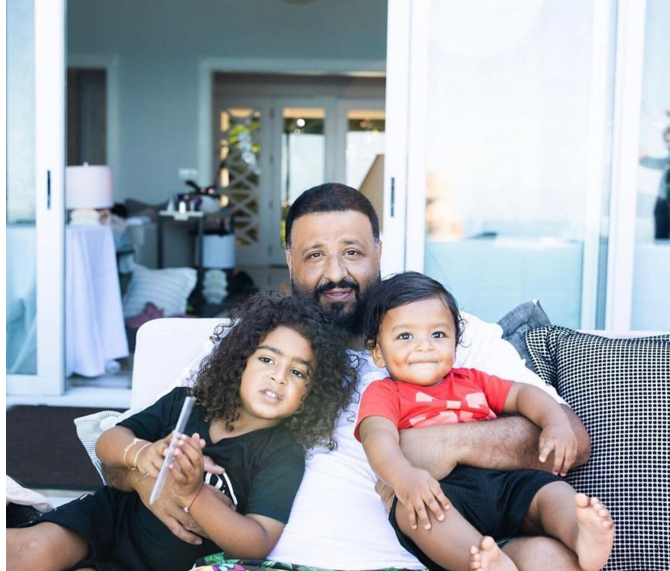
DJ Khaled, who has produced 18 Top 40 hits and eight Top 10 albums, earned a feature in the Dec. 2 issue of People magazine for starting a pandemic pod for his 4-year-old son and his son’s classmates.
“In March, when Asahd’s preschool sent everybody home, I was doing the Zoom classes with him every single day,” the article quotes Khaled’s wife, Nicole Tuck. “I thought to myself, ‘This cannot be the best we can do!’ So, I organized a learning pod at our house with other quarantined families. We have seven kids and two teachers, and it’s absolutely amazing.”
Having a seven-child school with two teachers in a guest house may strike some as being a bit out of reach of the average American family. Phillip II of Macedon created a one-to-one pod for his son with Aristotle, and that worked out great for Alexander, but alas, it isn’t easily replicated. Public policy, however, can make education like Khaled and Tuck are providing broadly available.
Many families would struggle to hire one, much less two teachers, using their own funds. But in Arizona, micro-school genius Prenda partners with districts, charters and families who use education savings accounts to form micro-school communities. When the pandemic hit, 700 students were learning through Prenda, but in the ensuing months, that number has greatly increased.
District, charter and ESA enrollment allows students to access their K-12 funds to pay an in-person guide and provide both in-person and distance learning. A growing number of school districts, cities and philanthropies have been helping to create small learning communities around the country as well. The Center for the Reinvention of Public Education has started keeping a tally of these efforts, which you can view here.
Khaled is hardly alone in his enthusiasm for micro-schools. A recent survey of parents conducted by Ed Choice found that 35% were participating in a pod; another 18% reported interest in either joining or forming a pod. Meanwhile, a recent parent poll conducted by the National Parents Union found almost two-thirds of those surveyed said they want schools to focus on new ways to teach children as a result of COVID-19 as opposed 32% who said they want schools to get back to normal as quickly as possible. Fifty-eight percent said they want schools to continue to provide online options for students post-pandemic.


